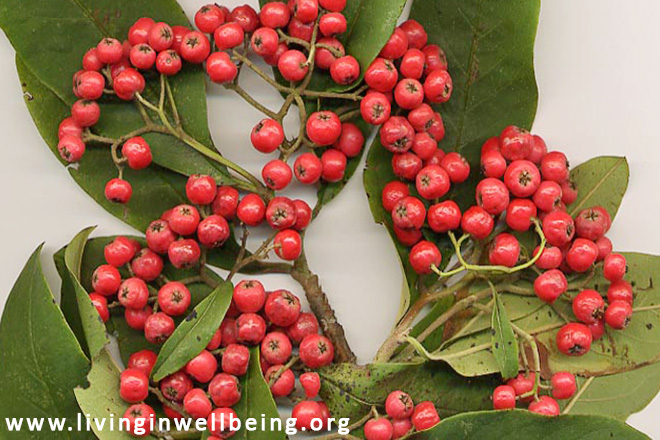
We have very often heard about black-currant regarding delicious ice-cream flavors, but have we ever showed interest to know the immense health benefits these small summer berries extend to us? These berries available in few varieties red, pink, white and black are small shrub kind belonging to the family of Grossulariaceae, of the genus; Ribes. This most common shrub plant in Northern Europe and Siberia is a fast growing small shrub that has a maximum height of 5-6 ft. Out of the varieties, black currant is considered the most superior regarding the antioxidant content.
Nutritional facts of Black Currants
When a healthy lifestyle is supported by nutritious food, it becomes apparent that you would get extra mileage in your life to deal with tough situations in day to day dealings. Here are the facts that would make you aware of the nutritional contribution that these small berries do to your health.
Anthocyanins, the standard form of phenolic flavonoid phytochemicals are present in abundant amounts in the berries of black currant. Extensive scientific research has concluded that the consumption of these currants is potentially useful inflammation, neurological diseases, aging, and Cancer as well.
Black-currant berries are exceptional sources of the antioxidant vitamin, vitamin C. An intake of 100gms of currant provides you with more than 300% of the daily recommended value of Vitamin C. Vitamin C intake improves the immunity of the human body to various infectious agents.
Many essential vitamins such as pyridoxine (vitamin B-6), pantothenic acid (vitamin B5) and Thiamin (vitamin B-1) are abundant in the berries of black currant. These essential vitamins are required in the human body to restock the human metabolism from external sources.
A very balanced amount of mineral iron is reserved for each berry of black currant. 20% of daily recommended mineral iron amount is received from just 100 gms of currant. This is a highly beneficial fact, in the production of RBC in bone marrow.
Other essential minerals necessary in our body like copper, manganese, potassium, and magnesium are highly crucial for our body metabolism. These ingredients are found overloaded in each currant berry.
Picking and storing
Benefits for health that you desire from the berries of black-currant depend on the quality of the berries selected and how well they are stored. The best time when the berries are harvested from July until October, and if they required being stored then they should be picked intact without any damage to the spur. Avoid soft berries while the fresh ones are deep purple or almost black color, glossy skin and persistent calyx at the apex. Storing in the refrigerator if not used immediately could keep the berries fresh for long.
Serving methods
You can always pick one to direct to your mouth in the wild. But when choosing from the store go for fresh, glossy equal shaped ones with beautiful textures. Eat them fresh as is or dried as snacks. You may also add to fruit cocktails to get a refreshing taste. These small dark colored berries have great taste stimulating roles in ice creams, muffins, and pie fillings also.
Safety Alert for Sensitive people
Black-currant seed have oil that is rich with GLC or Gamma Linolenic acid. GLA is a good booster for immune in humans and it helps to increase the disease fighting features to a very large extent. The seed oil and leaves of black-currant are good for lot of herbal purposes. Even then, there are some people who are very sensitive to black currant unknowingly. People with drugs or food sensitivity to salicylates need to take special care. They need to keep a record on the reactions they have while consuming black-currant. Black-currant is among those fruits that can start the salicylate sensitivity. Salicylate is a chemical ingredient that is directly related to aspirin. Those with salicylate sensitivity are prone to react to various cough mixtures, antacids, aspirin and medications for flu and cold.
The major symptoms are rashes or swelling in the body. Black-currant consumption may ignite asthma, stomach aches, eczema, nasal polyps, runny nose and conjunctivitis.
By taking good care of the above facts, sensitive people need to avoid the consumption of black-currant. For those who are not sensitive to black currant, can include it in daily diet for a healthy living.












